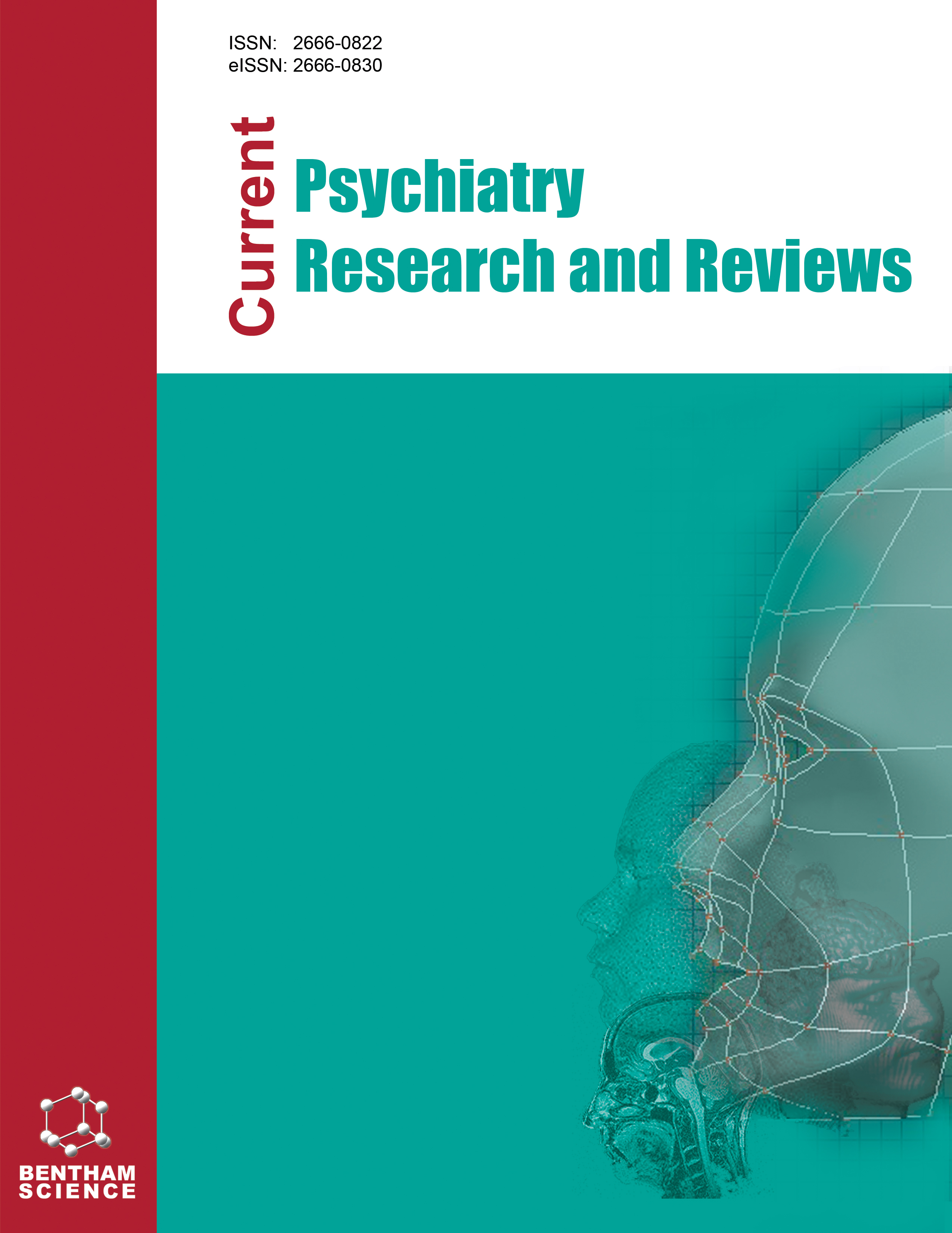
Full text loading...
The continual deterioration of the structure and function of the nervous system is a major global health problem associated with neurodegenerative disorders. Gut-brain axis plays a significant role in linking gut microbiota to neurological function. Live microorganisms that benefit the host's health are called probiotics. These probiotics are increasingly recognized as beneficial for treating neurodegenerative diseases. This review investigates the impact of probiotics on neurodegenerative disorders, specifically focusing on conditions like Alzheimer's, Parkinson's, and amyotrophic lateral sclerosis. According to studies, probiotics have the power to alter the host's neuroimmune response, lower inflammation, and modify the composition of the gut microbiota. Studies have indicated a potential relationship between the stomach and the brain by connecting variations in the gut microbiota to neurodegenerative diseases. Probiotics can influence the gut flora, which leads to a reduction in neuroinflammation, oxidative stress, and other pathological processes linked with these conditions. This review also discusses how probiotics impact the central nervous system through mechanisms such as altered blood-brain barrier function, neurotrophic factor regulation, and neurotransmitter production. Based on preclinical and clinical data, probiotics are also highlighted as an adjunctive or prophylactic treatment for neurodegenerative diseases. More research is needed to find the exact strains, dosages, and duration of probiotic therapies required to have the greatest neuroprotective effects, despite the good results thus far. It is also acknowledged that translating findings from animal studies to human applications can be challenging. With the ability to reduce the neuropathological features of Parkinson's and Alzheimer's diseases, probiotics provide a novel therapeutic approach for neurodegenerative illnesses.

Article metrics loading...

Full text loading...
References


Data & Media loading...

